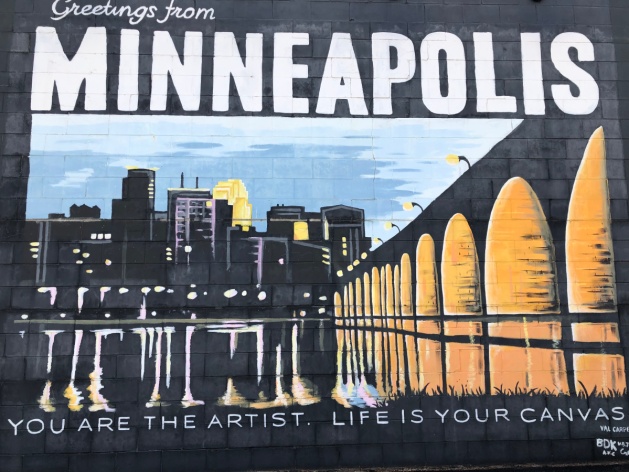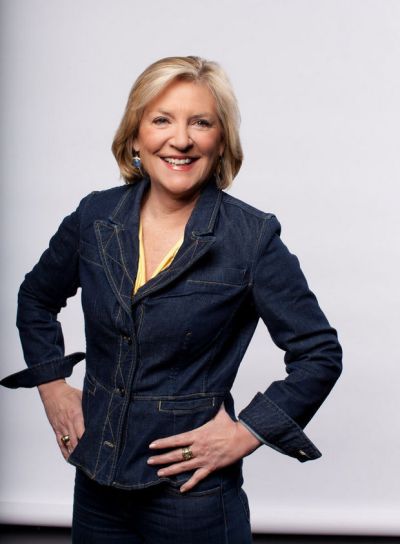
Ellen Clegg
Ellen Clegg — a retired Boston Globe editor, the co-author of our book, the co-host and producer of our podcast, the co-chair of the nonprofit Brookline.News, and my friend — was one of five journalists who received the prestigious Yankee Quill Award this past Saturday. Read about all five here.
The Yankee Quill recognizes great journalists who have also contributed to the betterment of our profession. As the Academy of New England Journalists puts it, “Selection for the award is not based on any single achievement, or for doing your job each day, but rather on the broad influence for good over the course of a career.” Her prepared remarks follow.
Thank you for this honor. Thanks to friends and colleagues, and thank you to my family for your support over many years when I worked nights and weekends, or got a ping from a boss at 5 a.m.
The Yankee Quill award recognizes past achievements over the long arc of a career. It’s about history and tradition.
But today’s honorees are also about the future. We’re innovating and experimenting, using digital tools that, 25 years ago, we never imagined would exist. We’re connecting with communities and readers in novel ways — deploying multimedia and measuring and nurturing audiences. Storytelling is as old as the Bronze Age and as new as TikTok.
The business of fact-based reporting that holds power to account, faces existential challenges. You know them well: digital disruption, the collapse of print advertising, the rise of platforms built on algorithms of anger.
As Professor Penny Abernathy has written, these forces have resulted in news deserts across the country — entire counties where there is no newspaper left at all. Some 2,900 newspapers have closed down since 2005 — nearly one-third of the nation’s total. About 43,000 journalism jobs have disappeared.
And, for sure, we didn’t always help ourselves. Legacy newsrooms were sometimes slow to recognize the promise — and, frankly, some of the perils — of digital publication. We were slow to change our business models. We were slow to put up paywalls that enabled us to assign a fair value to the work of our journalists. We were slow to adapt to a more frenzied pace, slow to restructure traditional newsrooms so they were digital-first.
But these same challenges have also prompted a wave of innovation and experimentation like never before. Steven Waldman, the cofounder of Report for America, calls it a replanting of local news.
Dan Kennedy and I began reporting on this phenomenon in 2019, for a book called “What Works in Community News.” We profiled nine media startups, and interviewed scores of enterprising journalists who are in the process of reinventing our business. We found an emerging movement that is nothing short of inspiring. It’s also sometimes a hard journey, fraught with uncertainty.
This wave of innovation isn’t temporary. It’s part of our future. I’m proud to be here today with journalists who are sustaining local news and providing the essential information that is so necessary to participatory democracy.
Thank you.
Leave a comment | Read comments







